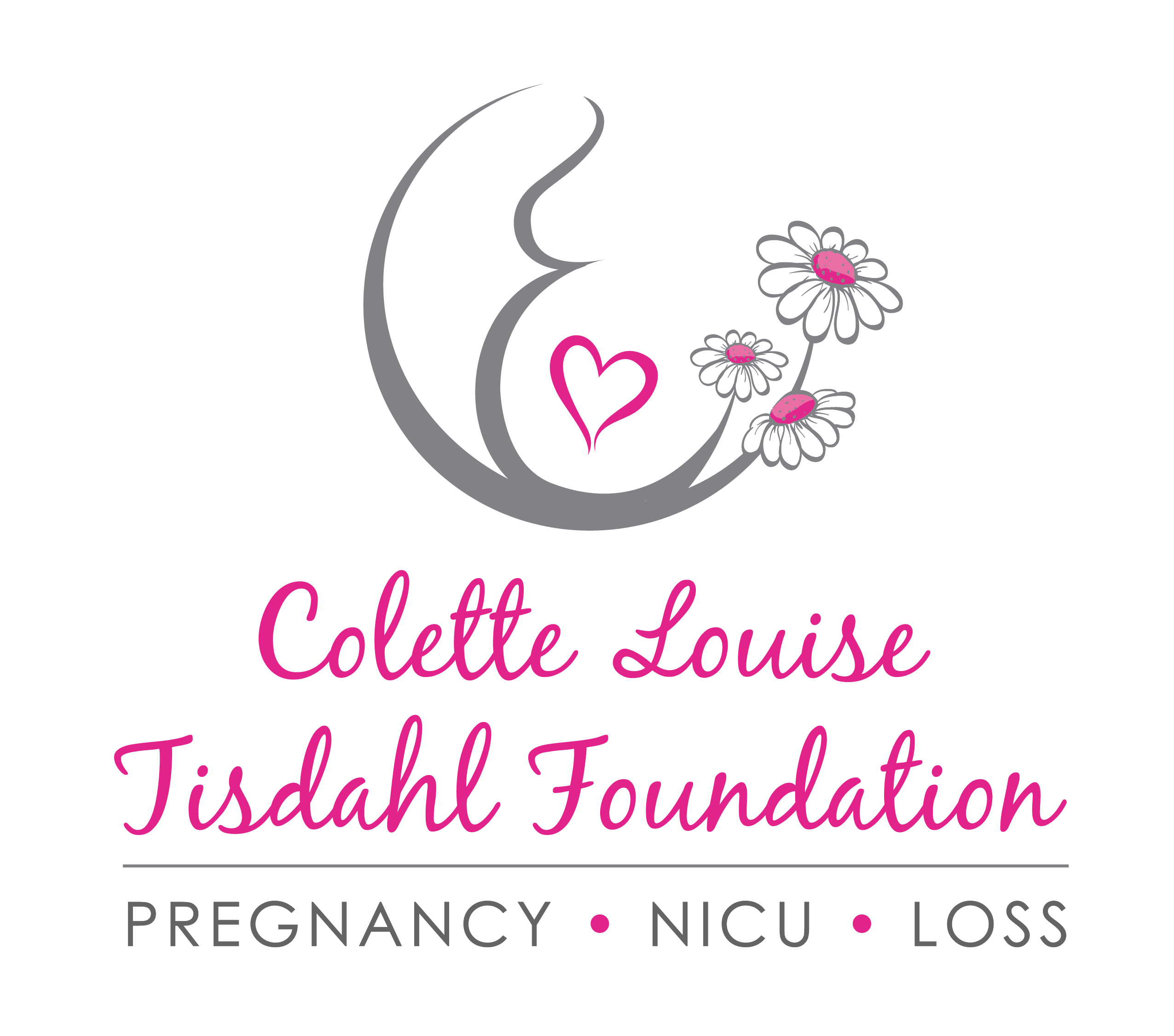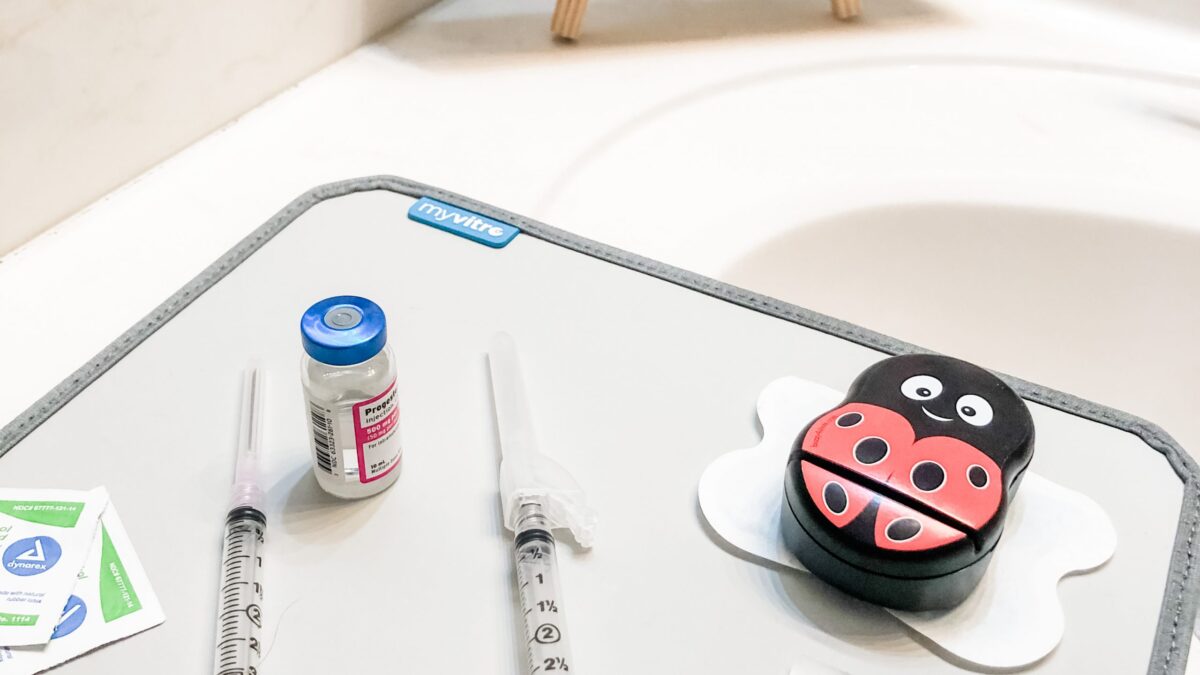By Amanda Osowski
I am one of those people who was born to be a mother. So, when I was about 10 months into trying to conceive without success, I visited my OB/GYN to ask some questions. I wanted tips or tricks on better timing my ovulation and increasing the chances of getting pregnant. Instead, after some testing of both my husband and I, we heard the words “I’m so sorry, but I don’t think you’ll be able to get pregnant without medical intervention.”
Excuse me, what?
This was not my plan for parenthood. This was a place I knew nothing about. I knew nobody who had gone through this, and I felt overwhelmed in every way possible.
When we finally got in to see a Reproductive Endocrinologist (RE) a few months later, she also ran a bunch of tests, before diagnosing us with the ever so frustrating term of “Unexplained Infertility.” What did this mean? It meant that there was no medical reasoning to explain why my husband and I had failed to get pregnant spontaneously. It also meant that the treatment plans we navigated through were diverse in level of intervention, cost and success rates.
We started with a medicated cycle, which did not bring us success. We then transitioned to Intrauterine Insemination (IUI), which made me feel hopeful. I was crushed when the first round failed. The second, third and fourth failures just aggravated me – I felt like we were wasting time. I desperately wanted to be pregnant, and I didn’t understand why nothing was getting the job done.
In the summer of 2018, we elected to move forward with In Vitro Fertilization (IVF). My doctors office had us complete a “boot camp” of sorts before we started the process, but that day full of appointments only taught us about the technical aspects of IVF – who we’d be working with in their office, what medications I’d be using, how to mix and inject those medications, how often we’d be in the office for appointments, what types of monitoring would be done, and how much it would cost.
It’s been 3 years since that boot camp, and I’ve been around the block more than a few times. In 2018, I went through one egg retrieval, one failed embryo transfer and one successful embryo transfer before getting pregnant with our daughter, who is now two years old. In 2020, we returned to IVF and our frozen embryos with the hope of having a second child. In the last 11 months, I’ve been through three embryo transfers, one mock cycle for an ERA, 7 endometrial biopsies, one hysteroscopy under anesthesia, and another egg retrieval.
As a self-proclaimed expert, and an Infertility Doula supporting others going through this same process, I’ve learned a ridiculous amount about the ways that Infertility and IVF specifically work, and can impact your identity, your relationship, your friendships, your outlook, and more.
Here’s what I wish I’d known back in 2018 before starting IVF for the first time:
- IVF is extremely demanding physically. I’d argue though, that it’s more demanding emotionally. The high doses of hormones combined with the increasingly high stakes of each step along the way can feel incredibly overwhelming. There have been times during this process where I haven’t recognized myself. I’ve snapped at my partner or a friend who meant well, but didn’t understand the mental load of what I was carrying during this process.
- The time commitment to IVF is incredible. Your entire schedule, and life, for months and months on end is tied to appointments on certain days at certain times, and then injections at precise times on precise days. You can’t plan anything too far ahead – even like getting a haircut or going out to dinner, because what if you’re not at home when your alarm goes off for your injections? It’s hard to find a sterile place where you can unpack all your supplies and mix your medications and often take down your pants to do the injection when you’re out and about.
- Intimacy is more than just intercourse. During IVF, there is actually quite a bit of time where you cannot have sex because it can interfere with the precise timing of the steps and the medications you are taking in order for the process to be successful. Not being “together” with your partner can make the growing distance between you feel unbearable, and it can make you both feel unsupported during such an emotional and trying time. Additionally, being intimate is sometimes the furthest thing from your mind when you’re spending your days being poked and prodded and scanned and injected. So, when you’re not physically together as one, finding other ways to connect with your partner are pivotal. My husband and I explored a lot of ways we could intimately connect while we weren’t able to have sex, including having makeout sessions, doing naked skin-to-skin time/snuggles, and showering together. These things helped us immensely not to lose ourselves in the IVF process.
- When you’re doing IVF, it basically feels impossible to think about anything else. I wasn’t prepared for this one, especially not this second time around. I have a toddler and a business and a whole lot of other balls in the air, but all I could think about was where I was in the process, what steps were next, what was on the line, what I would do if it didn’t work, the babies I lost, etc. Giving myself grace, and sharing this information with the people closest to me was pivotal in navigating it myself.
- IVF doesn’t guarantee you a baby. Okay, truthfully this is the hardest one. The one that took me the longest to accept. The one that I wished someone had sat me down and really made sure I understood before we began the process. Under the absolute best of circumstances, with a genetically normal embryo and a healthy uterus, the average chance of success for IVF is under 60%. This can feel emotionally unbearable, especially when you’ve sunk so much time, energy, emotion, and money into the process. It doesn’t work every time. It can’t work every time. You didn’t do anything wrong. The failure wasn’t your fault. But can it feel that way? Abso-freakin-lutely. I’ve had to talk myself out of this tizzy more than once. And furthermore, everything is a waiting game. In many other aspects of life, you put in enough effort and make all the right decisions and you reach your end goal or your full potential. But, IVF doesn’t care about effort. You can do everything right and still the wait is horrible and there’s no guarantee for a successful outcome.

Amanda Osowski is the founder of Heartfelt Beginnings, an Infertility and Postpartum Doula, the mom of an IVF miracle toddler, and passionate about reducing the stigma and normalizing the conversation around all things Infertility. You can connect with her on her blog, Twitter, Instagram or Facebook.





